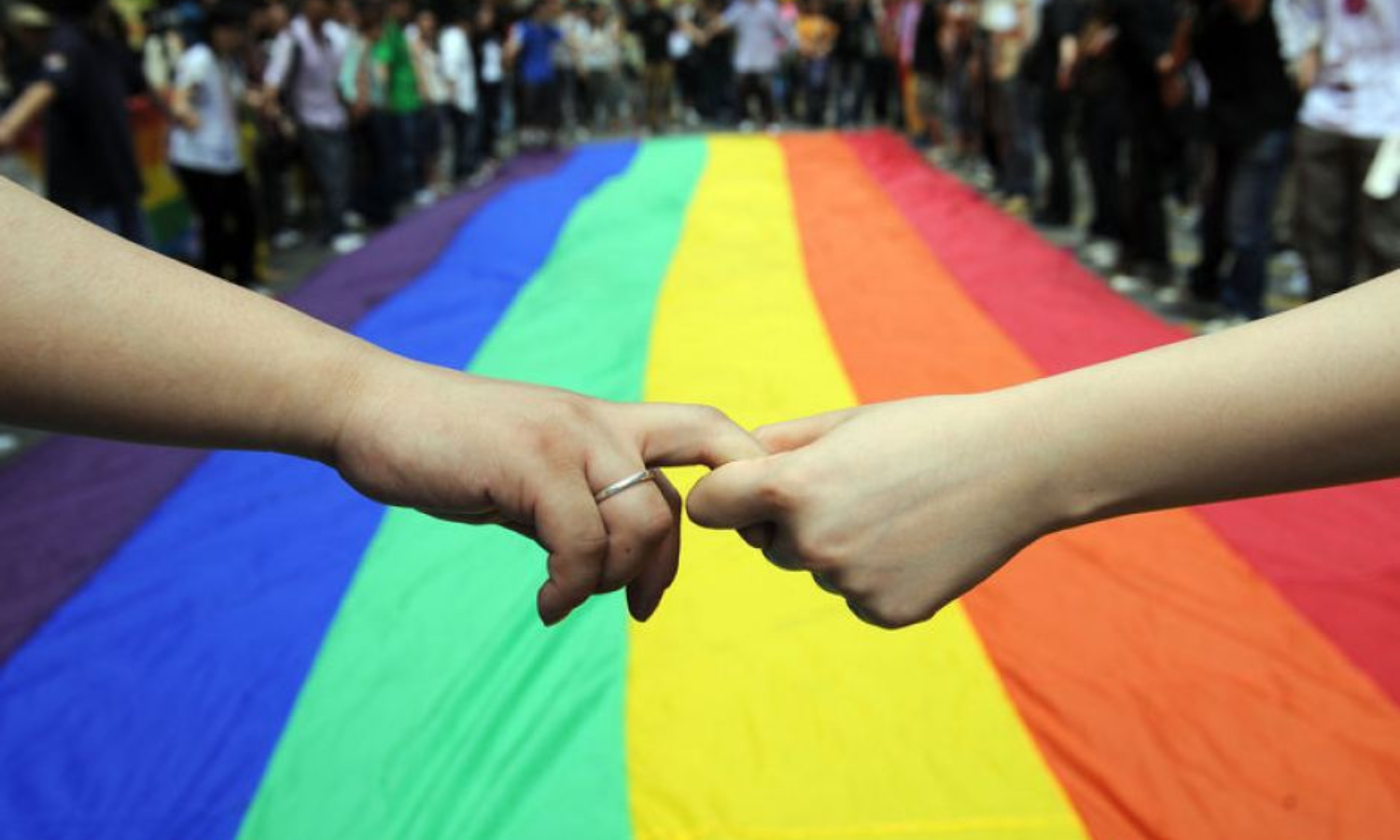On Monday, the Supreme Court referred several petitions seeking legal recognition of same-sex marriage to the Constitution Bench. A bench led by Chief Justice of India DY Chandrachud referred petitions seeking legal recognition of same-sex marriage to a five-judge constitution bench, with the hearing scheduled for April 18.
Tushar Mehta, appearing for the Centre, claims that the right to love, expression, and freedom of choice is already protected and that no one is interfering with it, but that this does not imply the right to marry.
SG Mehta argued that the moment marriage as a recognised institution is established between people of the same sex, the issue of adoption will be raised, and parliament will have to consider whether it can be raised in this manner. He went on to say that the parliament would have to debate and decide whether to do so in light of ethos.
However, the court stated that an adopted child of a gay or lesbian couple is not required to be gay or lesbian. According to SG Mehta, this is a serious matter with serious consequences.
When informed that the Centre had filed an affidavit, CJI DY Chandrachud remarked that the Centre is claiming it is in the legislative domain. Senior Advocate NK Kaul stated that the controversy has been narrowed down and they can show that either the statute can be harmoniously construed or, in light of Navtej Singh, it must be recognised.
Senior Advocate KV Vishwanathan informed the Supreme Court that the transgender protection act exists, despite the fact that the Centre has stated that it does not recognise such a union.
The court was hearing a batch of petitions concerning the issue of same-sex marriage, which had challenged the denial of access to the institution of marriage to members of the LGBTQ+ community as a violation of Part III of the Constitution, including Articles 14,15,19, and 21.
The Petitioners’ senior counsel argued that the petitions concerned issues of fundamental rights. The Centre has objected to the petition’s prayers, arguing that such questions should be left to the legislature, which represents the will of the people.
The Bench was pleased to set a hearing date for this batch of petitions and directed that the matter be referred to an Hon’ble Constitution Bench in accordance with Article 145(3) of the Constitution. One of the petitions was represented by Senior Advocates Mukul Rohatgi and Saurabh Kirpal, who were briefed by a team of Karanjawala and Co. advocates.
Previously, the Centre had filed an affidavit opposing the petition for legal recognition of same-sex marriage, claiming that living together as partners by same-sex individuals, which is now decriminalised, is not comparable with the Indian family unit and that they are clearly distinct classes that cannot be treated equally. The Centre filed the affidavit in response to various petitioners’ requests for legal recognition of same-sex marriage.
In its affidavit, the Centre argued that petitions seeking legal recognition of same-sex couples should be dismissed because they lack merit. As part of its opposition to the petition seeking legal recognition of LGBTQ marriage, the government stated that same-sex relationships and heterosexual relationships are clearly distinct classes that cannot be treated similarly.
The Centre stated in its affidavit that it is for the legislature to judge and enforce such societal morality and public acceptance based on Indian ethos, and that western decisions without any basis in Indian constitutional law jurisprudence cannot be imported in this context.
The Centre informed the Supreme Court in the affidavit that living together as partners by same-sex individuals, which is now legal, is not comparable to the Indian family unit concept of a husband, a wife, and children. The Centre argued that the principles of legitimate state interest, which are an exception to life and liberty under Article 21, would apply in this case.
The Centre argued that statutory recognition of marriage as a union between a “man” and a “woman” is inextricably linked to acceptance of the heterogeneous institution of marriage and acceptance of Indian society based on its own cultural and societal values recognised by the competent legislature.
“There is an intelligible differentia (normative basis) which distinguishes those within the classification (heterosexual couples) from those left out (same-sex couples). This classification has a rational relation with the object sought to be achieved (ensuring social stability via recognition of marriages),” the government said.
The Centre argued in front of the Supreme Court that statutory recognition of marriage as a union between a “man” and a “woman” is inextricably linked to the acceptance of the heterogeneous institution of marriage and the acceptance of Indian society based on its own cultural and societal values recognised by the competent legislature.


















